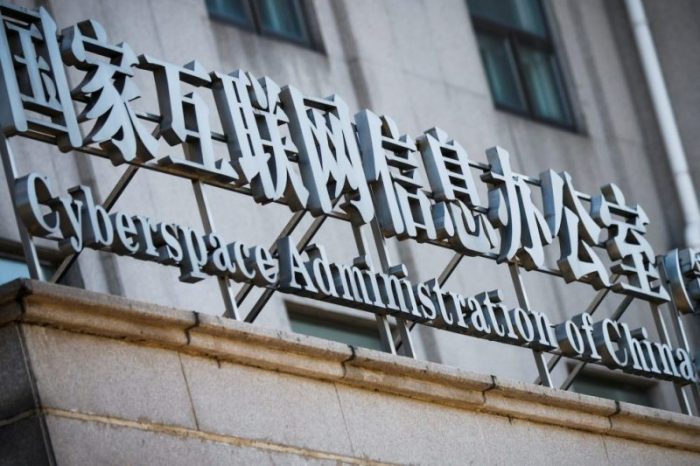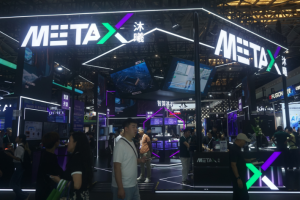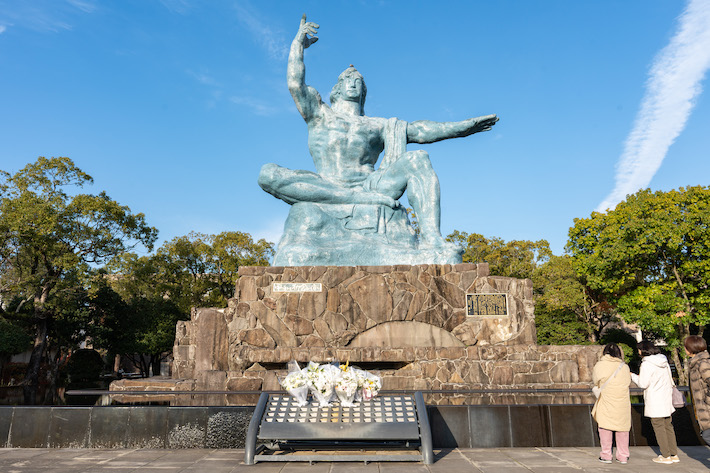China’s cyberspace regulator has drafted new guidelines that will require the country’s internet behemoths to obtain its approval before they undertake any investments or fundraising, sources familiar with the matter said on Wednesday.
The proposed requirements from the Cyberspace Administration of China (CAC) will apply to any platform company with more than 100 million users, or with more than 10 billion yuan ($1.58 billion) in revenue, they said.
The new rules will hit tech giants such as Tencent Holdings, Alibaba Group Holding and ByteDance.
Indeed, the move could stop these companies from growing bigger through acquisitions, the Wall Street Journal reported, citing sources familiar with the issue.
Some of the companies, which have platforms with more than a billion users overall, were notified about the move this week.
Bytedance Dismantles Investment Team
The news reportedly prompted ByteDance, which operates TikTok, to dismantle its strategic investment team, WSJ reported.
But a spokesperson for the company told Reuters on Wednesday it was overhauling the investment team after a business analysis earlier this month highlighted deals with “low synergies”.
It will disband its group-level investment team and move employees to the six business units, including TikTok and its Chinese version Douyin, that it created in October in a major organisational reshuffle.
The overhaul is designed to “enhance collaborations between strategy research and business operations,” the company said.
The Beijing-based company has been reducing the size of its investment team as regulators reinforces their anti-monopoly efforts to rein in big corporates, four people familiar with the situation said.
ByteDance’s latest high-profile investment includes its $4 billion acquisition of Shanghai-based gaming studio Moonton Technology last year. Moonton is most famous in Southeast Asia for its online game Mobile Legends.
‘Disorderly Expansion of Capital’
Internet firms involved in sectors named on the negative list issued by the National Development and Reform Commission (NDRC) last year will need to get approval for investments or fundraising, sources told Reuters.
They declined to be named as the information was not public at that stage. The CAC did not immediately respond to a request for comment.
The guidelines are part of China’s increasing scrutiny over internet companies.
The central government has issued a series on opinions aimed at better cracking down on monopolies, unfair competition, and user data issues in China’s sprawling internet platform economy.
The NDRC published a policy document on its website that called for the revision of legislation relating to monopolies and data security in data-driven online platforms, as well as stronger supervision over areas such as advertising and tax reporting.
“Platform operators must not use data, technology, market, or capital advantages to restrict the independent operation of other platforms and applications,” read one of 19 opinions included in the document, which was jointly written with several other central government ministries and regulators.
The document, addressed to all local governments in the country, reaffirms Beijing’s commitment to rein in what it sees as the “disorderly expansion of capital” in the tech sector and the threats this poses to social stability, financial markets and national security.
Cybersecurity Risk Assessments
Earlier this month, CAC told internet operators who have the personal information of more than 1 million users planning to list abroad must submit to a cybersecurity review.
“Internet platforms must carry out adequate risk assessments at the national security level,” said Tang Wang, senior engineer at the China Cybersecurity Review Technology and Certification Centre.
Platforms found to violate national network security and data security requirements would be prohibited from listing abroad under the rules.
“Cybersecurity reviews will not only be applied to critical information infrastructure operators, but also data processors as well as the suppliers of products and services for those operators,” Manuel Torres, a Shanghai lawyer with Garrigues, said in a recent assessment.
- Reuters, with editing by George Russell and Jim Pollard.
This reported was updated on January 19, 2022 with further details.
























